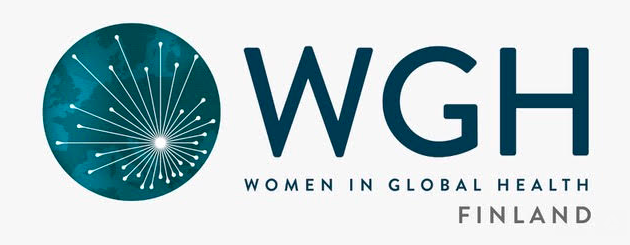Women’s Health @ RHFH
Women’s Health Equity Forum: Bridging Gaps in Funding, Research, and Care
Co-designed with éditohealth and Women in Global Health
Tuesday 21 May 2024 | 15:00-17:00 | Room 204


Our health systems have long been shaped by historical and social roots that have led to a big gap in how we understand and treat health issues for women. As most of the evidence we use to design protocols and pathways is still based on men´s data, women’s health concerns are sometimes overlooked or not given the attention they deserve.
This is not only unfair, it’s dangerous. The key to making health care better for women lies in recognising their unique health needs. We must shift our approach to focus on prevention and tailor care specifically for women. But how do we start making these changes? To initiate these changes, it’s essential to support women in all environments by adopting a holistic approach that goes beyond healthcare and includes social determinants of health.
This strategy is crucial for advancing health equity. Another part of the answer is to ensure that more women are in positions of influence within health systems. Very few women lead as hospital CEOs or are at the forefront of health innovation, partly because there’s still limited funding for projects focusing on women’s health or led by women. Yet, women play a crucial role in health care decisions, often acting as main health advisors and digital health prescriptors for their families. This session aims to do more than just talk about these issues. We’re here to spotlight innovative initiatives and solutions that are making a difference in women’s health. By showcasing these successes, we hope to inspire action and change.
Bringing more women into leadership roles and increasing investment in women-centred health innovations are critical steps forward. It’s time to correct the imbalance and ensure health equity for all, starting with the women who represent half of this world’s population. Join us as we explore how to make these necessary changes and create a health system that serves everyone equally.
Join us as we explore how to make these necessary changes and create a health care system that serves everyone equally.
PLEASE NOTE: Despite what the session’s title might suggest, the content is equally intended for BOTH men and women!
Hosted by Pascal Lardier, Partner, éditohealth, Spain
Detailed agenda:
15:00 – Opening Presentation: Women are Still Invisible to Health Systems
Agathe Acchiardo, Founder & Director, ThinkNext, Barcelona, Spain
15:15 – Keynote Presentation: Women Make the Difference in Heart Disease
Prof. Angela Maas, Emeritus Professor in Women’s Cardiac Health, Radboud University Medical Center, The Netherlands
15:45 – Presentation: The Working Woman: Health & Wellbeing in the Workplace
Deborah Maufi, Women’s Health Consultant, DPM Healthcare Consultancy, The Netherlands
16:00 – Interactive Panel discussion and Ideation Session:
Dissecting disparities and the extent of the bias (including in cardia-vascular health, women’s maternal health, and health across a woman’s life cycle), highlighting promising initiatives and solutions to reduce disparities, and discussing how technology can be leveraged to close some of the gaps.
Moderators:
Aura Pyykönen, Entrepreneurial OBGYN, Founder of Isla & Medical Lead at Natal Mind, Finland
Agathe Acchiardo, Founder & Director, ThinkNext, Barcelona, Spain
Panellists include all speakers listed above plus:
Elsi Haverinen-Mottaghi, Senior lecturer at Laurea University of Applied Sciences, Doctoral Researcher at Tampere University, and Co-Lead of the WGH Finnish Chapter
Roxanne Lavie, Freelance Market Research and Patient Advocate, Switzerland
Moredreck Chibi, WHO Public Health Innovation lead
17:00 – Closing Remarks & Calls to Action

